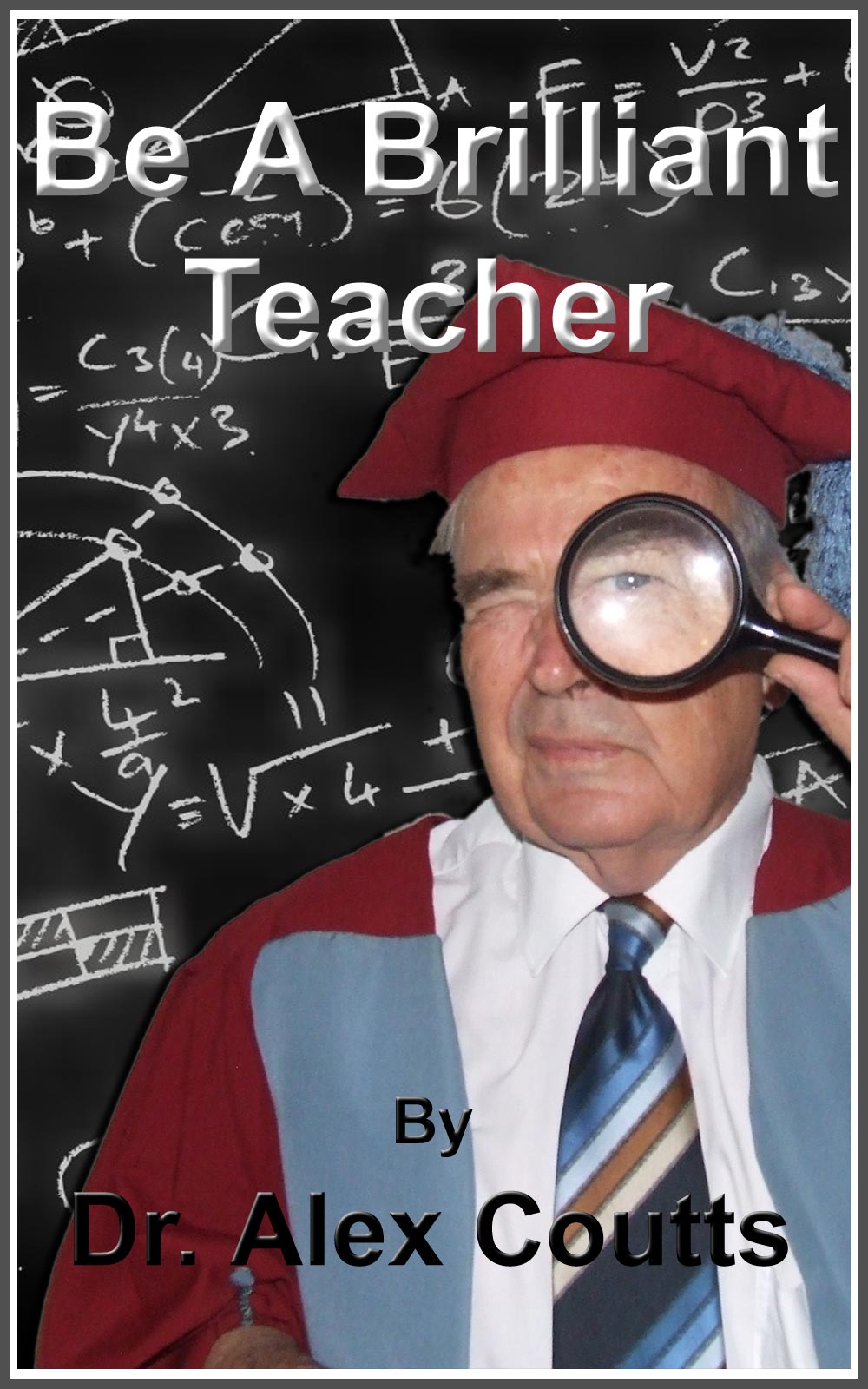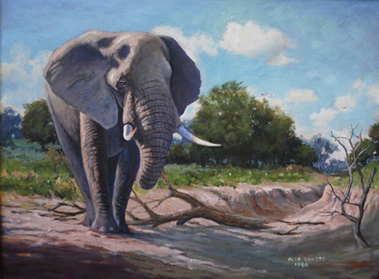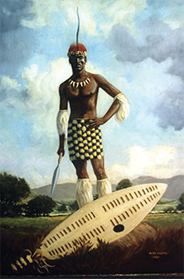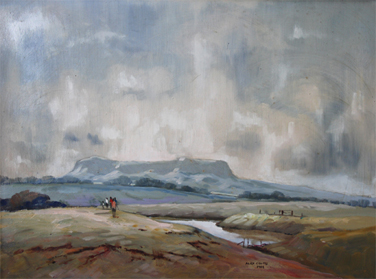| |
ALEX-BOOKS
Currently for sale on Amazon Kindle.
http://www.amazon.com/Alex-Coutts
Be a Brilliant
Teacher

Dr Alex Coutts, author and artist,
holds full copyright to the cover picture as well as the
text of the book, Be a Brilliant Teacher.
The cover picture:
Of all the things a teacher should attend to, perhaps
none is more important than the range of teaching styles
he or she uses. Indeed, teachers need experience in
using a wide range of teaching styles, which they can
then modify, manipulate and apply depending on their
learners' evolving needs.
Yet many educators, teachers and mentors rely solely on
the approach known as 'filling empty vessels'. They bark
out instructions. They regurgitate knowledge. That is
all they do. This dependence on a limited form of
pedagogy is sometimes a screen for insecurity and even a
lack of dedication and imagination. It is sometime a
reaction to indiscipline. Whatever the cause, it has
severe limits. One might ask, how does it allow for the
development of creativity, innovation and personal
initiative on the part of learners? The teacher does all
the talking; the learners simply memorise. The approach
does not challenge the learners' minds in any
significant way. In the 'modern' world, that is
disastrous for the individual, and for society.
This book encourages teachers to use their best creative
resources by moving from teacher-centred to
learner-centred approaches, to promote thereby the
learners' learning rather than their own. This does not
mean that the teacher must discard direct transmission
of knowledge and skills. The approach must, however, be
used for the right reasons.
About this book:
The book deals with a range of teaching approaches that
one can use for various tasks, from formal class
teaching in lower grades of the formal schooling system
to doctoral dissertations. Indeed, the approaches
offered have wide and convincing applications in
informal and unusual contexts and environments, such as
industrial training, adult education and university
mentoring.
The book opens with a discussion of the diversity of
learners found in any learning population. It explores
the view that, even in apparently homogeneous classes of
learners, the infinity of brain cells that each learner
brings to the task coupled to their diverse physical
makeups and range of past experiences make of each
person a unique individual. Although they might all be
exposed to roughly the same curriculum by the same
teacher in the same classroom setting, their needs will
differ greatly, and each child or adult in the class
will have different skills and insights they will bring
to the tasks.
This implies use of a 'constructivist' approach that
encourages each learner to attack the learning
experience from a perspective best suited to his or her
individual talents, interests and capacities. The
learners construct knowledge in a personal way that
makes it meaningful for them. The one-method-for-all
methodology simply does not work.
Much of the book is thereafter devoted to exploring a
range of teaching approaches (the terms 'styles', or
'methods' are used as approximate equivalents). These
evolve broadly in a spectrum from the teacher-centred,
command-response method to an approach that is
comprehensively learner-centred, as used with mature
candidates undertaking higher degrees. This latter
approach or style relies on the teacher (or, more
correctly, mentor or promoter at the higher level) only
for infrequent inputs, with much initiative lying with
the learner who must accordingly assume most of the
responsibility for his or her own learning. It even
encompasses doctoral studies. Here, the candidate must
produce significant, substantial, verifiable new
knowledge.
This, and the other similar approaches that afford much
freedom to the learner, are well suited to tertiary
study, yet elements have application even in secondary
schooling and indeed in lower classes as well.
Disclaimer:
This book provides condensed information only, and is
designed to provoke thought by complementing,
supplementing and amplifying other texts and records.
You are urged to read as much other available material
as possible and tailor the information to your
individual needs. Every effort has been made to ensure
that this book is as accurate and complete as possible
within space constraints. There might nevertheless be
errors, either content or typographical.
The author and Alex Educational shall have neither
liability nor responsibility to any person or entity
with respect to any loss or damage caused, or alleged to
have been caused, directly or indirectly, by the
information contained in the book. The text is therefore
to be used as a general guide and not as the ultimate
source of information on the topic.
|
|



